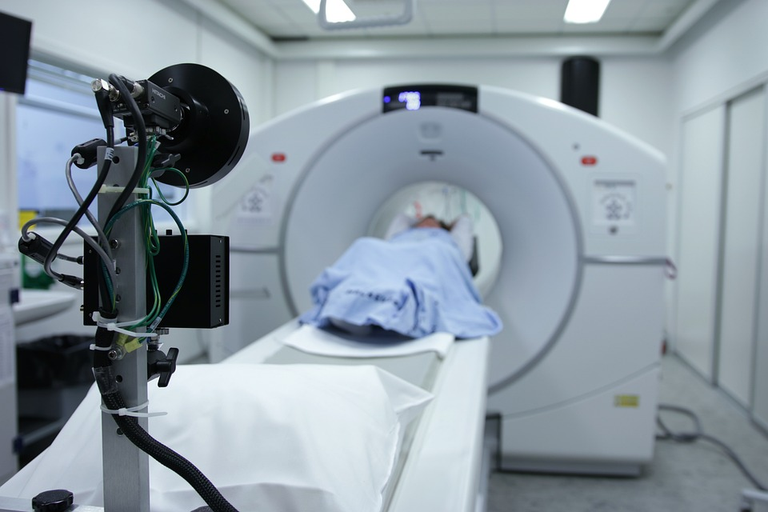How Artificial Intelligence is Revolutionizing Healthcare
Artificial intelligence (AI) has been making its mark on the healthcare industry over the past few years, transforming the way doctors and other medical professionals diagnose and treat diseases. AI is playing an increasingly important role in everything from radiology and pathology to drug development and patient care, making healthcare more personalized, accurate, and efficient.
1. Predictive Analytics
One of the most significant ways AI is revolutionizing healthcare is through predictive analytics. Machine learning algorithms can analyze patient data to identify patterns that may indicate future health issues, allowing doctors to intervene before conditions worsen. By analyzing millions of data points, AI can predict things like heart disease, cancer, and diabetes years before they develop.

2. Personalized Medicine
AI is also driving the trend towards personalized medicine, tailoring treatments and medications to the specific needs of individual patients. By analyzing patient data, including their medical history and genetic information, AI algorithms can predict the most effective treatments for specific patients. This means doctors can provide more targeted and effective care, reducing the risk of adverse reactions and improving patient outcomes.

https://pixabay.com/photos/woman-blow-blowing-nose-blond-698964/
3. Radiology and Pathology
AI is transforming the way medical professionals analyze images and scans, making diagnoses more accurate and efficient. Machine learning algorithms can analyze radiology images and pathology slides to identify patterns and anomalies that may be missed by human eyes. This can speed up diagnoses, reduce errors, and improve patient outcomes.

https://pixabay.com/photos/hospital-equipment-medicine-patient-3098683/
4. Drug Development
AI is also revolutionizing the way drugs are developed and tested, accelerating the discovery of new treatments and reducing the time and cost of clinical trials. Machine learning algorithms can analyze vast amounts of data to identify potential drug candidates, predict their efficacy, and design clinical trials that are more likely to succeed.

https://pixabay.com/photos/analysis-analyze-beaker-biology-218857/
5. Remote Monitoring
AI is also playing a key role in remote monitoring, allowing doctors to monitor patients' health in real-time from a distance. Wearable devices, such as fitness trackers and smartwatches, can collect data on things like heart rate, blood pressure, and sleep patterns, which can be analyzed by AI algorithms to identify potential health issues. This can reduce the need for in-person appointments and allow doctors to intervene before conditions worsen.

https://pixabay.com/photos/hand-remote-bediehnung-tv-screen-2773840/
6. Patient Care
Finally, AI is transforming the way patients receive care, making it more personalized and efficient. Chatbots and virtual assistants can provide patients with 24/7 access to medical advice and support, while AI algorithms can analyze patient data to identify the most effective treatments and care plans. This can reduce the burden on healthcare providers and improve patient outcomes.
Conclusion
AI is revolutionizing healthcare, transforming the way doctors and other medical professionals diagnose and treat diseases, develop new treatments, and provide patient care. By analyzing vast amounts of data, AI algorithms can identify patterns and insights that may be missed by human eyes, making healthcare more accurate, efficient, and personalized. As AI continues to evolve, we can expect it to play an even more important role in the future of healthcare.